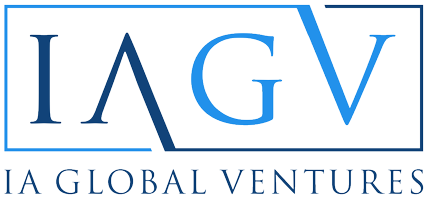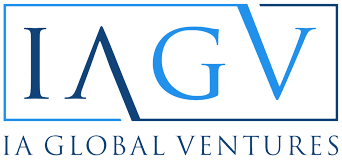The Case for Cockroach Startups: Why Resilience Outperforms Hype. As markets shift and capital tightens, investors are rethinking what makes a startup worth backing. Hint: it’s not billion-dollar buzz.
From Unicorn Obsession to a New Reality
For over a decade, the startup ecosystem has lionized unicorns—companies valued at over $1 billion, often long before achieving sustainable profitability. But beneath the headlines, the reality is more sobering: the vast majority of these companies fail to deliver long-term value.
Rapid scaling without operational discipline, inflated valuations, and an overreliance on venture funding have led many high-profile names to falter. Quibi, for example, raised $1.75 billion and shut down within six months. WeWork’s collapse is now a textbook example of misplaced priorities.
The Rise of the Resilient Startup
In contrast, a new breed of company is gaining investor attention: the cockroach startup. These are the resilient, capital-efficient businesses that prioritize survival and sustainability over scale-at-all-costs.
Rather than chasing valuation milestones, these founders are focused on:
- Reaching profitability early
- Building real products for real customers
- Adapting quickly to market changes
- Exercising discipline with capital
Cockroach startups may not generate headlines, but they generate cash—and they tend to endure.
Proof in Practice
Several well-known companies exemplify this approach:
- Etsy: Launched in 2005, Etsy remained lean, focused on a niche, and today generates over $600 million in quarterly revenue.
- Dropbox: Instead of chasing hype, Dropbox focused on operational sustainability, with recent quarterly revenue exceeding $640 million.
- Mailchimp: Built over many years without raising venture capital, Mailchimp was acquired for $12 billion—an outcome few unicorns achieve.
These companies grew steadily, avoided unnecessary risk, and stayed focused on fundamentals.
What Investors Should Look For
For investors seeking long-term value, cockroach startups offer a compelling alternative. Key indicators include:
- Cash over vanity metrics: A clear path to revenue and positive unit economics matters more than user counts or engagement rates.
- Frugality at the top: Founders who are disciplined with spending tend to lead businesses with staying power.
- Adaptability: A willingness to pivot when markets shift is often a better predictor of survival than early success.
- Problem-first mindset: The best startups solve real, urgent problems—not ones created to chase trends.
- Controlled growth: Steady, profitable expansion often outperforms rapid scaling that lacks a solid foundation.
Resilience as a Competitive Advantage
In today’s environment, resilience is no longer a secondary trait—it’s a strategic advantage. Startups that can weather downturns, adapt to uncertainty, and build on solid financial footing are more attractive than ever.
At IA Global Ventures, we believe these qualities are especially critical for founders building across borders. If you’re a foreign-born entrepreneur building a resilient, capital-efficient company, we’d love to hear your story.



